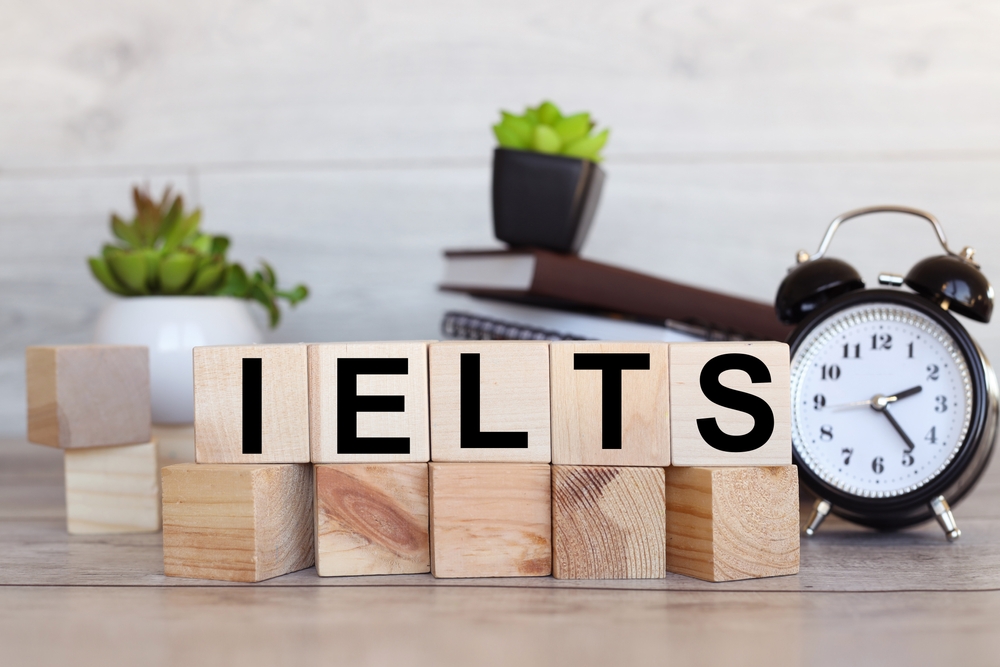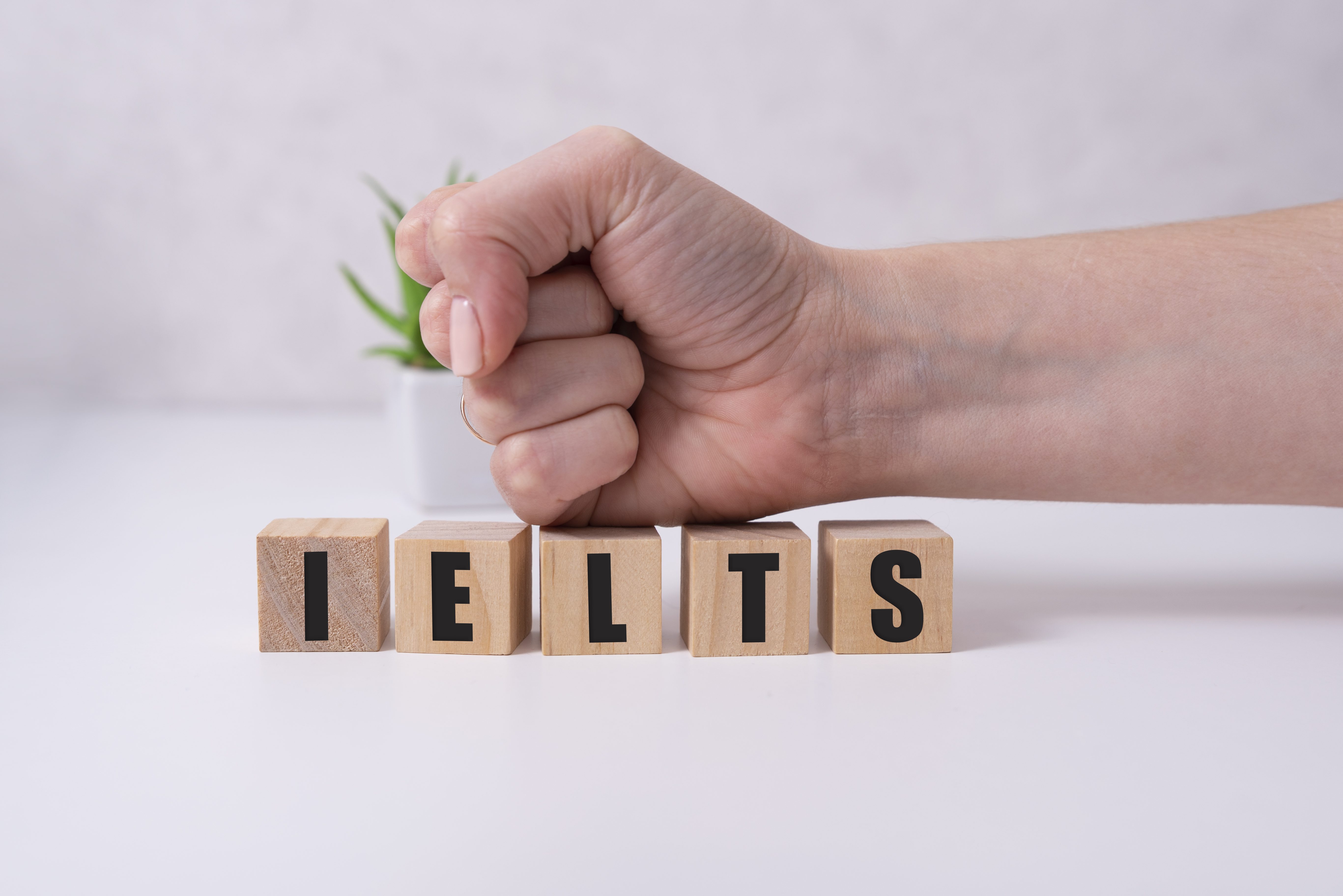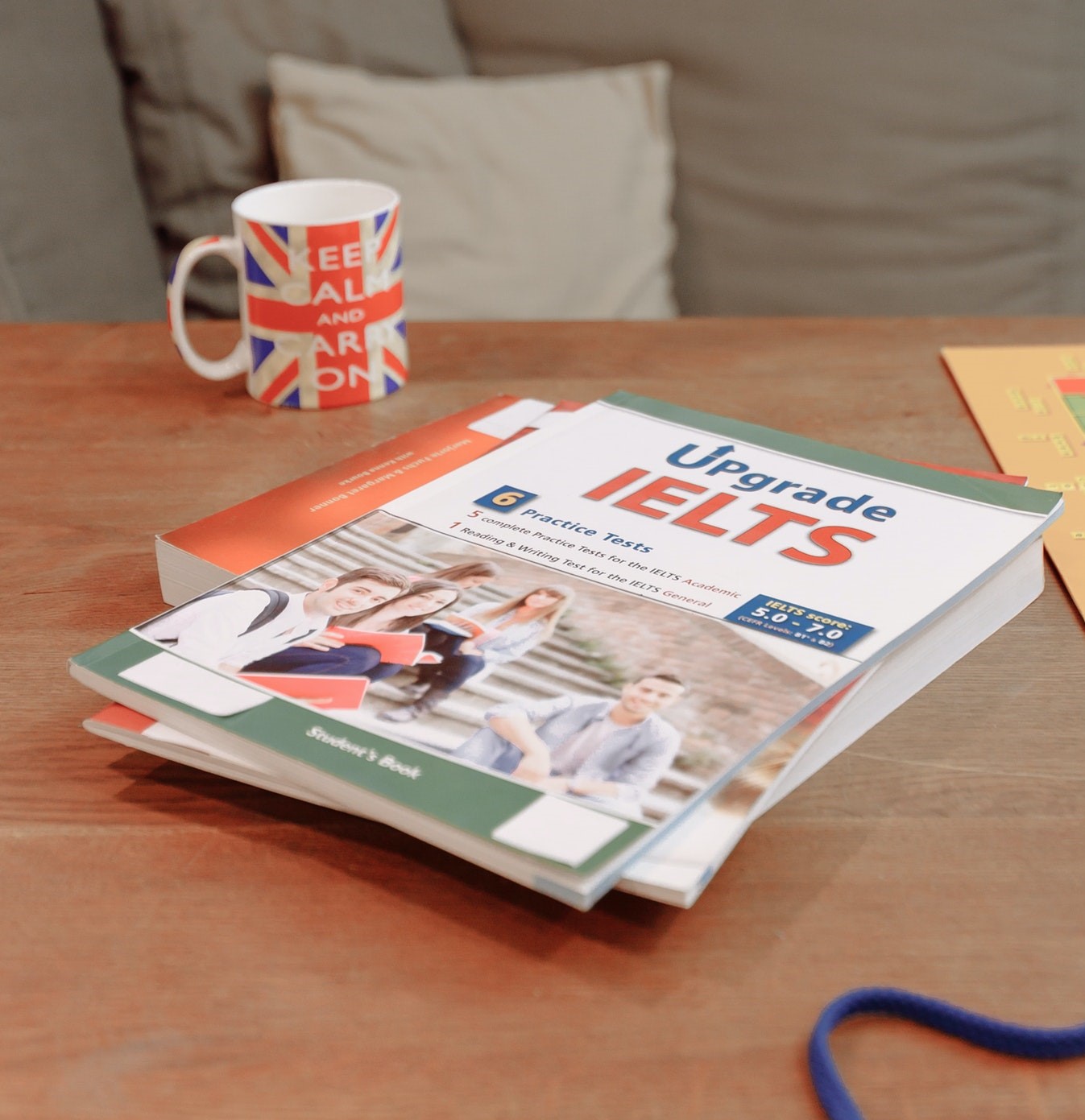How to Speak in Part 1
Get the IELTS score you need
Table of Contents
Introduction to part 1
Part 1 will last approximately 4 to 5 minutes, which translates to approximately 12 questions on three different topics in roughly 5 minutes. It is critical that everything runs smoothly during this time, and you should not have to take too long to respond. Don’t be concerned if the examiner interrupts you at any point during the exam; he or she must control the time during the exam.
The examiner primarily tests you for two things in Part 1: 1 ) everyday vocabulary and 2) basic grammar.
Another very important thing is to speak naturally, rather than giving the examiner a long list of memorised answers, which not only does the examiner not enjoy hearing, but will also result in a lower score. Of course, you should prepare a large number of key words for the various topics, but you should avoid memorising everything after that.
Believe me when I say that examiners can detect memorised sentences and phrases very quickly. Use your own ideas and express your own feelings, opinions, ideas, and emotions, rather than relying on an IELTS speaking book or video that claims to provide the perfect part 1 or part 2 answers. Again, believe me when I say that the answers must be yours and yours alone.
Direct questions (How to speak in part 1)
The majority of the questions in Part 1 will be direct questions, which will, of course, require a direct answer, followed by some additional information.
Let’s take a look at an example.
Q. “Do you like watching movies?”
A. “I watch a movie every week, and often go to the cinema.”
That answer does not directly answer the question, and the examiner may conclude that you did not answer the question at all. So, first, we should directly answer the question, and then add some additional information.
Q. “Do you like watching movies?”
A. “Yes, I enjoy watching movies, and I go to the cinema once a week.”
Complex sentence - Relative pronouns - How to speak in part 1
If you want to get a band score of 6 or above this the use of complex sentences in an absolute must in the speaking exam, and its important to start this in part 1 by showing the examiner that you have this basic grammar skill. We can start making a complex sentence when adding more information to our direct answer.
Q. “Where do you come from?”
A. “I come from Suzhou, which is a beautiful city in the east of China.”
Q. “What kind of food do you like?”
A. “I like to eat pelmeni, which is a kind of traditional dumpling from Russia”
When we do this not only are we showing off our grammar skills, but we are also adding some interesting and perhaps new information, which is another important thing to do in the speaking exam.
Expressing your feelings and emotions (How to speak in part 1)
This is one of the first things i always work on with any IELTS speaking student, and not only is this vital for your fluency, but will also make the speaking exam easier for you. Remember that the speaking exam is not a police interview, and to talk to the examiner like you are talking to a new friend. Try to relax, and enjoy yourself, and be willing to give the examiner lots of information at every chance.
Q. “Is there anything that you don’t like about the area you live in ?”
A. “Yes, there is. Sometimes there is a lot of noise from construction, which I really hate, and causes me to lose a lot of sleep.”
Now you have answered the question directly, made a complex sentence using a relative pronoun, and expressed your personal feelings. Well done!
Grammar (How to speak in part 1 of the IELTS exam)
Grammar is of course very important in part 1 and again to score a 6 or above you should making very few, if any mistakes in part 1.
When you become familiar with the style of questions usually asked in part 1, you should be able to notice that with any topic, there are certain styles of questions to test your basic grammar.
Always pay attention to the grammar and language used in the question.
Q. “Do you like to eat other countries food ?”
A. “Yes i do, I really like to eat Italian food…..”
Simple direct question, using the simple present tense.
Q. “What kind of food did you like when you were a young child?”
A. “When I was a young child I used to love eating instant noodles.”
Now the examiner has asked a question to test your use of the simple past tense.
Q. “What kind of job would you like to have in the future?”
A. “If i have the chance I would love to be an architect in the future.”
With this question the examiner can test you ability of using the conditional tenses.
This grammar starts to become very important in part 2 and 3, and you will notice that there are always a lot of part 2 topics using it.
You can see all the current part 2 topics here
Q. Why did you choose to study this major?
A. I chose to study this major, because I was always interested in design, and really enjoyed art as a young child.
This seems like a very simple question, but choose is an irregular verb, and many students will make a grammar mistake here. On top of that you must remember that you chose your major before you started to study it, so all of the sentence must be in the past tense.
Q. Have you ever been to another country?
A. Yes, i have. I travelled to Europe last summer, which was amazing.
Here, we can see the use of the present perfect tense, and as you can see now, part 1 is not just simply a warm up before parts 2,and 3, but is also an important part of the exam. Part 1 also gives the examiner a very good idea of your English level in a very short space of time, and of course its always good to give a good first impression. When you are preparing for the exam, always remember to review your grammar, as its an important part of the exam.
Vocabulary
As I mentioned earlier, part 1 of the speaking exam will test your use and knowledge of basic vocabulary. Again this is something that I always work on with students, and stress that its always a good idea to show off their vocabulary at every opportunity in part 1.
Q. “What kind of movies do you like to watch?”
A. “I like to watch action movies.”
With this answer, yes we have shown the examiner some use of vocabulary, and lexical resources, but lets take the opportunity to show off more of our vocabulary.
Q. “What kind of movies do you like?”
A. “I like many kinds of movies, such as action movies, comedies, adventure movies, and sometimes I really like to watch a good romantic movies.”
With the second answer we have shown a much better use of lexical resources, which of course can bring our overall score up.
Maybe you don’t actually like romantic movies, or comedies, but you have the vocabulary, so take the opportunity, and show it off.
When preparing for the exam, go through all of the part 1 topics , and think of all the vocabulary you might need to talk about them.
Movies – romantic, horror, action, documentary, comedy, crime etc.
Sports – swimming, football, tennis, badminton, cycling, running etc.

More example questions and answers for study with audio.
Example part 1 questions and answers
Are you a student, or are you working?
“I’m a student. I’m now in my third year of studying accounting in university.
What do you study? / What’s your major?
“I study economics, and I’m in my final year…..and will graduate at the end of this semester.
Why did you choose this major?
“I chose to study computer science as I have always loved anything to do with computers, and have always been fascinated with how computer software is developed.
“I chose accounting as a major mainly because I was always really good at maths, and my parents also thought it would be a suitable career for me.

More example questions and answers for your hometown with audio.
Where are you from ?
“I was born and raised in Shanghai, which is one of the biggest cities in China, as well as being one of the most modern cities.
“Oh, I’m a local, and have lived here in Madrid all of my life.
“I’m from Bac Giang, which is a small city, about 60 km north of here, and is a much quieter place than here in Hanoi.

More example questions and answers for the area you live in with audio.
https://ielts85.com/how-to-describe-the-area-you-live-in-answers/
Do you like the area you live in?
“Yes I do, I think I’m quite lucky to live in a very nice and peaceful part of the city, which is away from all the hustle and bustle, but still has all the conveniences I need.
What do you like most about your area?
‘I guess the thing I like most would have to be how peaceful and quiet it is compared to other parts of the city……. But, it’s still close enough to the city centre for my work.
Is there anything that you would like to change about your area?
“Mmmm…..Actually, yes, there is….. There has been a lot of development in recent years, with lots of big new apartment buildings, and shopping malls….. Because of this there seems to be less and less green spaces than before, and this is something that makes me a little sad, so I would love to see more green spaces set aside.


















